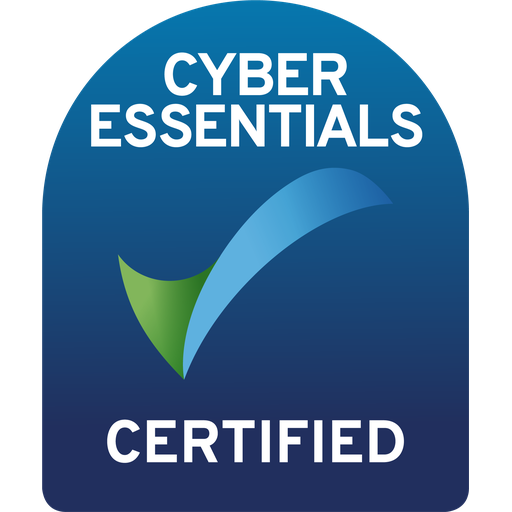Ten Tips For Safer Passwords
As our use of the internet grows we acquire more and more passwords, PINs and usernames.
Despite security concerns about people hacking into large online databases we are also vulnerable to people guessing usernames and passwords to our individual accounts and accessing personal details that can lead to fraud. Here are ten tips to make sure your passwords are as secure as possible.
- The best passwords are of at least eight characters, with upper and lower case, at least two numbers and, if possible, special characters such as $ or * (if the site accepts them).
- Don’t use the names of your family or whole words in English. Don’t use your date of birth or other security-related information. Don’t use the same password for different purposes.
- Try creating patterns on your keyboard, such as CfT6&yGv or w£e$r%t^.
- Or create passwords from phrases, for example, I Always Struggle To Remember My Password! becomes IAS2RMP!
- Add numbers or other characters you will remember. If your birthday is on the 27th try 2IAS2RMP!7
- To avoid using the same password everywhere add letters that relate to site you’re using on, such as your bank or your Facebook account could be IAS2RMP4BNK and IAS2RMP4FB
- Don’t be afraid to write passwords down but do make sure they’re secure – write them in the back of a book on your shelf rather than a Post-It on your computer screen.
- Even better is to write down a hint, not the password, such as “I always struggle to remember my passwords for the bank”
- Your web browser or operating system may remember passwords for you, but be very wary of using this option if others can easily log into your computer or you share it with others.
- Seek inspiration by searching in a search engine for ‘better password hints’.
This list is adapted from tips I wrote in the NCVO Guide to Managing ICT – published in 2009 and still available for a free download
Mark Walker
